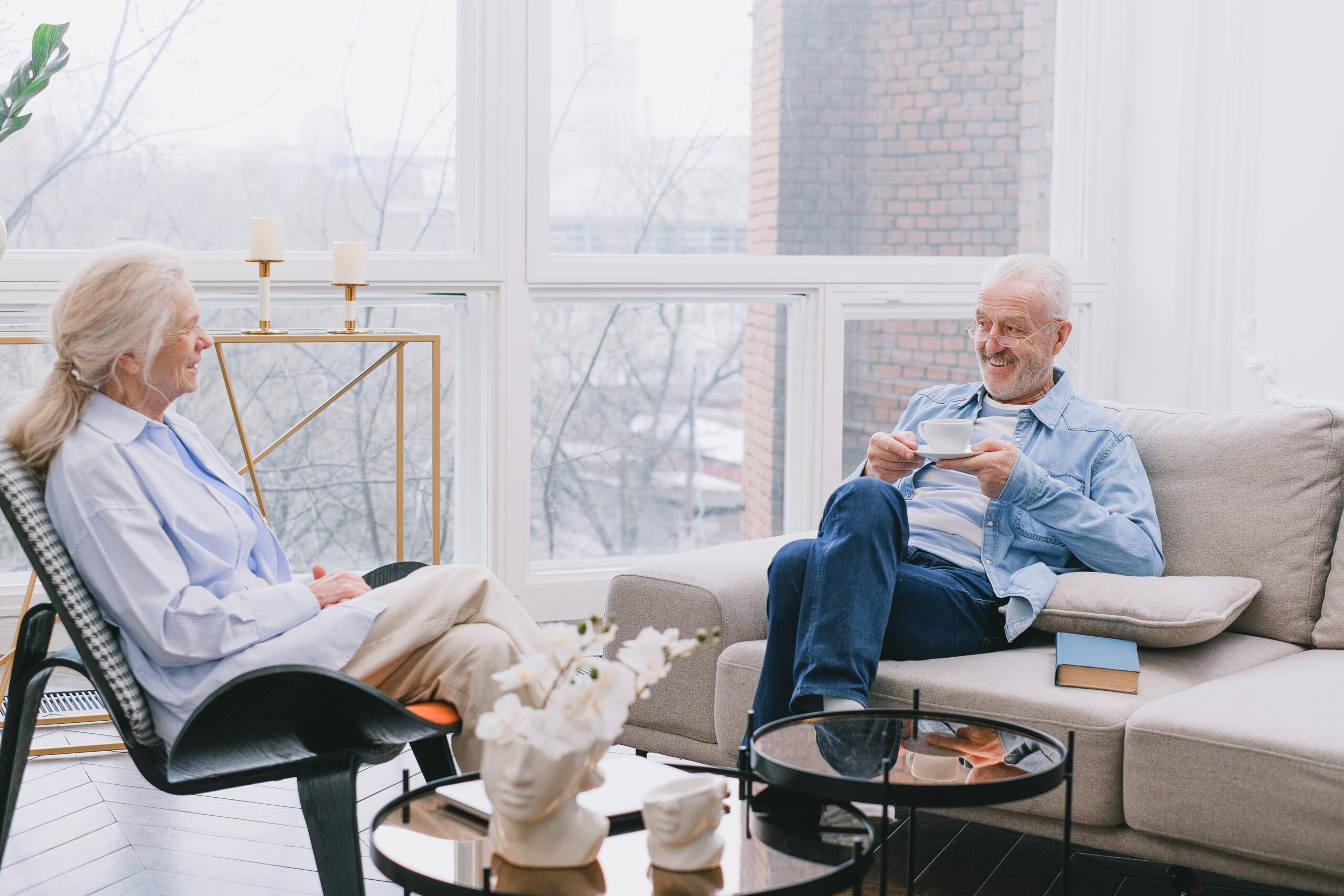Research from the Sloan Centre on Aging & Work at Boston College has found that when older adults are actively engaged in work, care-giving, education and volunteering, that all these activities support our well-being. They also provides us with a sense of meaning and purpose.
The study – Life & Times in an Aging Society Study, measured levels of engagement in these areas among three groups of adults: the under 50s, aged 50 to 64, and 65 and over. It not only measured WHAT people do, but also their levels of participation in these activities, measuring levels of engagement: enthusiasm, dedication and absorption.
In every category except care giving the over 50s were more engaged than those below 50, who were likely responsible for their children.
It was levels of engagement that is seen as key, just participating without any engagement had little impact on well-being. For those aged 65 and over it had the greatest impact.
“As life expectancy continues to increase, older adults are healthier and more active than in the past. Yet many people cling to a notion that older adults are disengaged. The results of this study show the opposite to be true.” Marcie Pitt-Catsouphes, Director of the Sloan Centre on Aging & Work at Boston College.
To age well and to reduce the risk of certain diseases, enhance mental health, older adults should be encouraged to remain actively engaged in the world, in the areas of work, care-giving, education and volunteering.
It has to be activity that engages people, participation alone is not enough.
This is not only beneficial to the individual, but also to wider society and enables us to continue to contribute to the economy (not necessarily through paid work) into our later years.
Whilst some will see an ageing population as a burden to society, this has been refuted by a number of studies. For example, the volunteer charity WRVS has quantified the economic role played by older generations.
Taking together the tax payments, spending power, caring and volunteer efforts of the over 65s, they have calculated that they contribute almost £40bn more to the UK economy than they receive in state pensions, welfare and health services. It is not just financial, having more time allows older people to help out with the elderly and others within society.
You may well be engaged and active, but what about the people you meet. I’d love to know in what ways you help others to take a more positive view and become more engaged.
